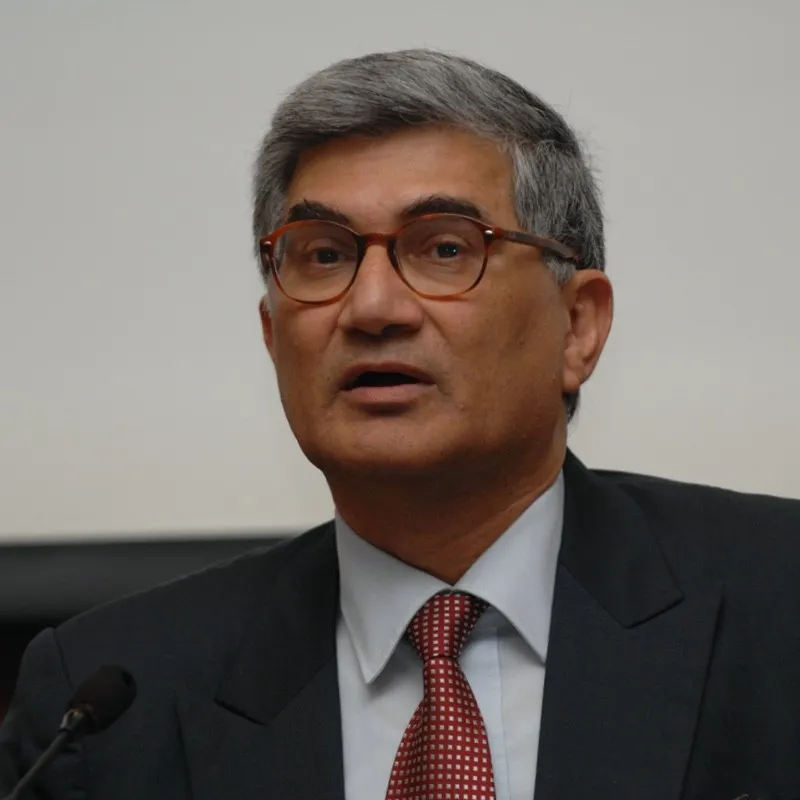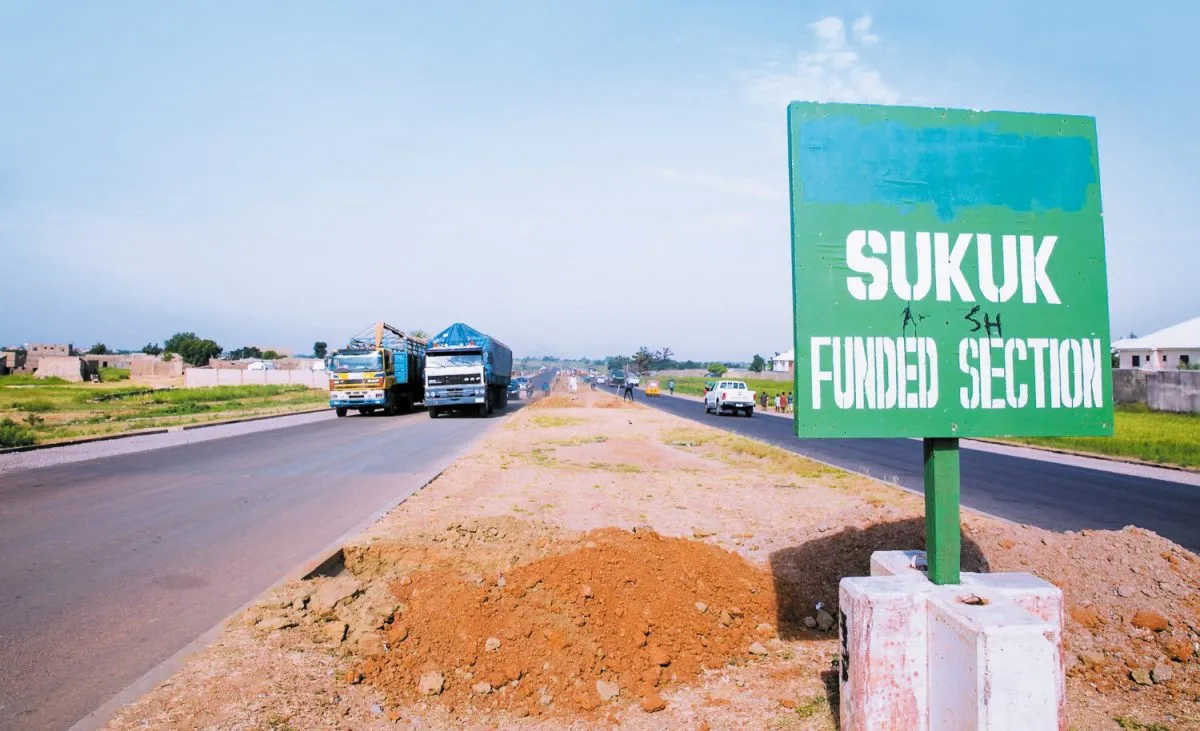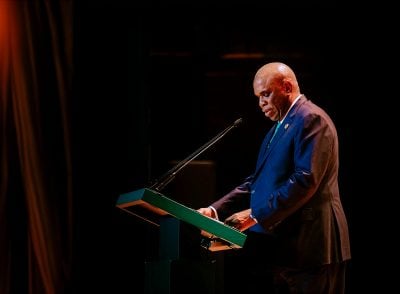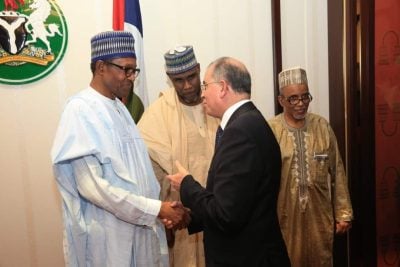
Africa’s three largest economies – Nigeria, South Africa and Egypt – all raised sizeable public debt funding through three sukuk issuances in 2023/24, totalling an aggregate equivalent of $3.045bn.
Sukuk is an Islamic debt instrument wherein the finance provider has ownership of real assets and earns a return sourced from those assets. This contrasts with conventional bonds where the investor has a debt instrument earning the return predominately via the payment of interest (riba). Riba or excess is not allowed under sharia law.
At a time when the IMF has warned that “high sovereign debt servicing costs are a growing challenge for low-and-medium-income-countries (LMICs), preventing them from spending more funds on essential services and critical investment needed to boost growth,” sukuk is emerging as a viable and potentially less costly public fundraising alternative.
According to the IMF, public debt servicing costs are increasing rapidly while annual refinancing needs have tripled to over $60bn in 2023 due to high interest rates, cost of finance and the pace at which LMICs must repay debt, which in turn is impacting national budgets. Following Ghana’s debt default last year, fears of more LMICs unable to service their debt have not materialised so far.
Instead, countries such as Sierra Leone and Kenya are resorting to the risky strategy of more costly borrowing through issuing conventional US dollar and Eurobonds to refinance existing expensive debt. The reality is that debt forgiveness notwithstanding, public debt sustainability is now an even more urgent priority for LMICs and the stability of the global financial system.
The foray of Egypt, Nigeria and South Africa into the alternative sovereign sukuk market underpins a reset in their fund-raising strategy to include sukuk and murabaha (cost-plus financing) commodity finance syndications.
This complements the issuance of conventional bonds, the use of IMF standby facilities, concessionary multilateral financing and often more expensive bank credit facilities. All three countries have stated that sukuk is now an integral part of their public debt mix. According to Fitch Ratings, global outstanding sukuk volumes expanded by 10% y-o-y and for the first time crossed $800bn in Q3 2023, with sovereigns being the key issuers. Both outstanding and issued sukuk continued to hold 30% of the total funding mix in core markets.
However, the reality is that overall African sovereign sukuk issuance remains low. Egypt, Nigeria and South Africa were the only three public sukuk issuers in 2023, contributing a mere 2% of global sukuk volumes.
In money terms, the three countries accounted for 70% of Africa’s total sukuk issuance since 2014, with South Africa and Egypt the only two to issue US-dollar sukuk in the international market through well-subscribed $500m and $1.5bn transactions.
The main reason for this, says Samira Mensah, Primary Credit Analyst at S&P in Johannesburg, is that “the complexities and evolving Islamic legal requirements related to sukuk issuance, hamper the success of the instrument and make African sovereigns hesitant to use sukuk to fund large infrastructure projects.
“The African Development Bank estimated that Africa’s infrastructure deficits, which are compounded by climate change and energy transition risks, lead to investment needs of $130bn-$170bn per year.
“While the sukuk issuance of some African sovereigns benefited from the support of multilateral financial institutions, other sovereigns turned their backs on sukuk as related complexities did not justify the endeavour, in their view.”
International credit rating agencies however can have a highly selective, skewed and exaggerated perception of African credit risk, which has serious implications for project-related credit and investment insurance premiums and the cost of finance.
Oulimata Sarr, Senegal’s erstwhile Minister of Economy, Planning and Cooperation, often lamented that “despite their vital importance in infrastructure financing, insurance often contributes to the increase in the cost of a project, especially in Africa where we suffer from an unfavourable and biased credit rating.
“The pricing of insurance premiums is partly based on a country’s credit rating and as rating agencies overstate risk on the continent, African countries find themselves paying very high premiums.”
Turbulent winds drive sukuk momentum
The African sukuk issuance momentum is further tempered by global economic conditions. Egypt’s debut $1.5bn sukuk in 2023 under its $5bn Trust Certificate Issuance Programme was driven partly by its substantial infrastructure funding needs, especially in climate action, energy transition to renewables and building food security and resilience in the wake of the supply chain disruptions due to the Ukraine conflict.
“Our success in offering the first issuance of sovereign sukuk in the history of Egypt,” explained Egypt’s Finance Minister Mohamed Maait, “comes in light of turbulent global economic and political conditions, and the high cost of financing as a result of a sharp inflationary wave.”
According to Egypt’s Public Debt Management Unit, the plan is to issue further sukuk tranches over the next three years under the Programme, and if need be to extend its size in the future.
Similarly in South Africa, the National Treasury returned to the sukuk market with a landmark 4-tranche rand-denominated ZAR20.386bn ($1.085bn) sovereign sukuk issuance in December 2023. Pretoria was the first African sovereign to issue a benchmark $500m sukuk in the international financial market, in 2014.
Finance Minister Enoch Godongwana’s justification for launching “this landmark sukuk”, was revealing: “It is a key step in broadening South Africa’s investor base and enhancing our funding strategy, which has been traditionally reliant on Fixed Rate Bonds, Inflation Linked Bonds and Floating Rate Notes. This initiative is a testament to the depth and liquidity of South Africa’s domestic capital markets, demonstrating [the] National Treasury’s constitutional mandate and ongoing commitment to financial innovation and market expansion, and to raise funding at affordable rates which help to reduce government public debt.”
Not surprisingly, the sukuk transaction was the highest in terms of volume raised by the Treasury in the last two months of 2023, which included $1.3bn in two forex concessional loans – $1bn from the World Bank and $300m from the African Development Bank (AfDB), and a €500m loan from Kreditanstalt für Wiederaufbau, the German development bank.
Perhaps the most relevant example of infrastructure sukuk expansion commitment is that of Nigeria, which issued its sixth naira-denominated sukuk of ₦350bn ($460m) in November 2023, following its maiden issue in 2017. All the issuances are exclusively linked to the funding of key road infrastructure, overseen by the Federal Ministry of Works and Housing and the Federal Capital Territory Administration.
To date, the Debt Management Office (DMO) of the Ministry of Finance has issued six local-currency sovereign sukuk raising a total ₦1,092.557bn (US$1.43bn) in the 2017-2023 period.
The 2024 issuance calendar of the DMO suggests more government sukuk will be issued at even higher volumes subject to market conditions and Abuja’s public debt- raising requirements. The differential between the 2022 transaction of ₦130bn to the ₦350bn in November 2023 is a clear indication of volume and tenor traction, which augurs well for the expansion of the FGN sukuk market.
A six-year record of issuance has created a yield curve for sukuk ijarah (Leasing Sukuk), thus opening up secondary trading of the certificates on the local and regional stock market such as BRVM to release even more liquidity in the market. This in turn has widened the investor base for such instruments as the market becomes more aware of the product.
Nigeria is unique in that a portion of the subscription to the sukuk certificates are reserved for retail investors under the DMO’s financial inclusion strategy. But it has yet to issue a sukuk in the international US dollar or euro market, a possibility which the DMO has said may be on the cards with the right timing and conditions.
Robust demand
The demand from investors for all three sukuk issuances by Egypt, South Africa and Nigeria was robust, which suggests investors were comfortable with their country credit risk even if they are rated investment or just below investment grade by the Big Three rating agencies.
In the case of the South African sukuk, investors comprised a ‘diverse base’ of ‘thirteen unique bidders’, including first- time overseas subscribers such as ‘large Islamic funds and banks’, which resulted in bids coming in at ZAR36.12bn ($1.91bn) in the orderbook, with the final allocation at ZAR20.386bn ($1.085bn). As such the transaction was oversubscribed 1.77 times, giving a bid-to-cover ratio of 177%.
The South African sukuk issuance also has a unique social inclusion element – the only one in the world – which requires mandated banks to have a B-BBEE (Black Business Empowerment) partner. The aim is for the mandated banks to impart sukuk structuring technical knowledge to the partners – in this case, THEZA Capital and Africa Rising Capital.
Going forward, sukuk expansion in Africa will continue to be dominated by the above three sovereign issuers. Even for these market makers there are inherent challenges of lack of market depth, critical mass and size of issuances, low frequency of issuances, limited range of sukuk structures and issuers, and a lack of market education and awareness.
The fact that one South African transaction in volume was matched by almost six Nigerian sukuk issuances indicates the significance of the South African transaction and potential leadership of Pretoria in African sovereign sukuk origination.
The South African Treasury’s journey down this alternative socially responsible value-for-money public debt-raising route is nascent although it resonates in markets all over Africa, the Middle East and Asia.
In many countries, sukuks are now firmly part of the debt-raising landscape, whether to finance shortfalls in national budgets and infrastructure, for corporates to raise working capital, for banks to boost Tier I and II capital under the Basel capital adequacy rules, and to refinance existing more expensive conventional debt.
At best, sukuk in frontier markets, at least in the short term, can contribute modestly towards closing infrastructure financing gaps.
Ever since the G20 Summit in Antalya in 2015 first identified the suitability and necessity of sukuk for funding infrastructure gaps in LMICs, especially in urban regeneration projects, the instrument has gained from increased interest from potential new issuers beyond traditional markets.
The World Bank, IFC, the Islamic Development Bank (IsDB) Group and the AfDB have over the last few years increased awareness of the instrument by holding technical workshops, training programmes for DMOs and through financial and social inclusion initiatives.
The introduction of a third-party sukuk Insurance Policy by ICIEC, the multilateral insurer of the IsDB Group, is also aimed at promoting sukuk market entry for unrated and below investment grade sovereign issuers.
However, the sukuk issuance learning curve for Africa is indeed very sharp. To date only eight African sovereigns have issued sukuk – the above three countries, as well as Senegal, Togo, Morocco, Mali and Côte d’Ivoire – accounting for a total estimated $6.6bn since 2014. In contrast, Saudi Arabia, the world’s largest issuer of sovereign sukuk raised a striking $27.73bn through sukuk issuances in 2023 alone.
Want to continue reading? Subscribe today.
You've read all your free articles for this month! Subscribe now to enjoy full access to our content.
Digital Monthly
£8.00 / month
Receive full unlimited access to our articles, opinions, podcasts and more.
Digital Yearly
£70.00 / year
Our best value offer - save £26 and gain access to all of our digital content for an entire year!

 Sign in with Google
Sign in with Google 



